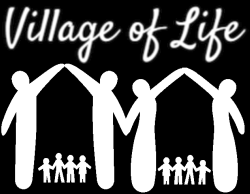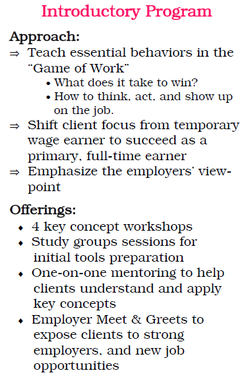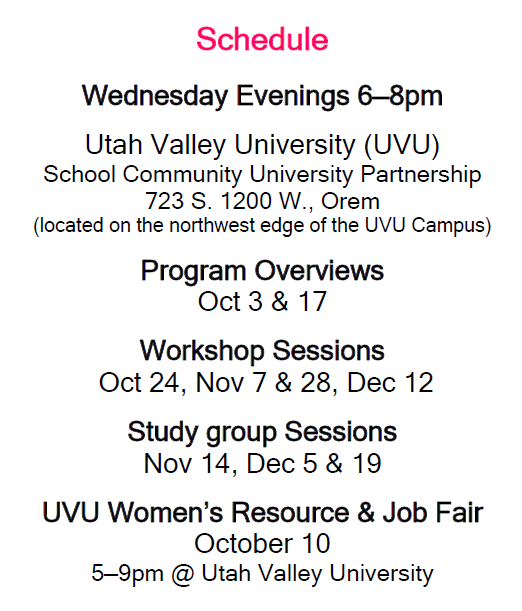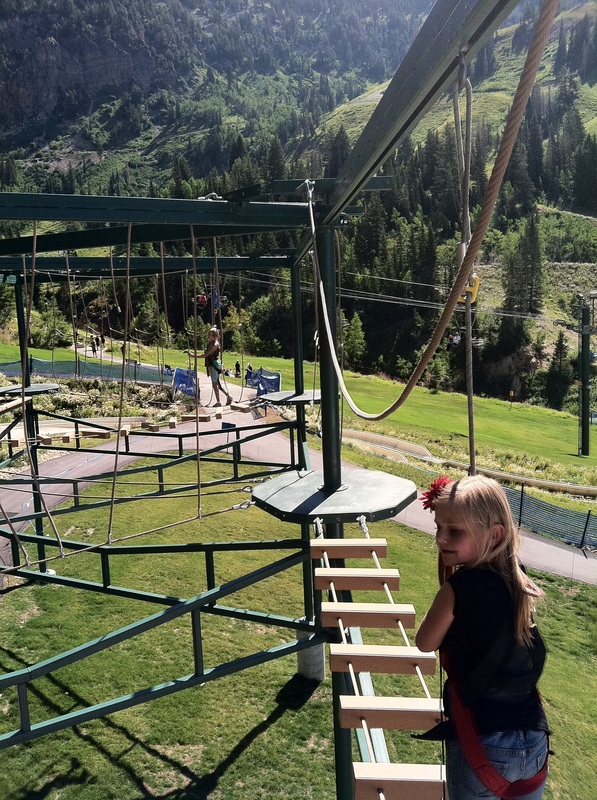After entering a building you hold the door open for the next person about to come through just after you. Your children are watching. A child at the table next to you in a restaurant drops their toy over the back of your seat into your booth and you hand it back to them with a smile. Your children are watching. You are out shoveling the snow off your driveway and sidewalk and decide to help your neighbor by also taking care of their walks. Your children are watching. You watch a mother try to carry her groceries across a busy parking lot while holding the hand of an out of control toddler who causes her to drop everything in her arms and it scatters all over the parking lot. Rather than walk by, without a word you stop to help her gather the scatter items, put them back in the bags, and into her arms. Your children are watching.
I’m sure that we all recognize that setting examples of showing empathy towards others teaches our children to understand others, appreciate differences, and be caring as they notice others in need. Teaching our children empathy helps them learn to stand in other people’s shoes. But did you know that the way we allow others to treat us determines how our children will allow others to treat them?
Think about this, when a young child watches their parent get hurt repeatedly by someone they love, it teaches the child that a person does not love you unless they hurt you. When a person cheats on their significant other and their children are aware of the infidelity, the children often grow up to cheat on their significant other or they continually end up with people that cheat on them. Our children watch our every move. Even when we think they are unaware of what is really going on, they are watching. They pick up on so much more than we give them credit for. So when they hear you tell a lie about where you have been or they watch you allow someone to lie to you, you are teaching them that lying is ok. As they become teenagers, you might find them lying to you. How you respond to those lies will set the stage and often determine if or how long the lies will continue.
I want to challenge you to make a New Year’s resolution right now to become the type of person you want your children to be. Because they are watching and one day, they will inevitably make the same mistakes you are making right now unless you do something about it. As you resolve to do better, keep in mind that it will not be something
you can change overnight. The goal should be to become 1% better each day, not 100% better in one day. From time to time you are going to stumble and you are going to fall. Each time you do, pick yourself up and try again. Don’t feel like you need to hide your failures from your children, let them learn from them just like you are. Hopefully then they will not have to go through the same experiences to learn the same lessons.
An old Japanese proverb says, “Fall seven times, stand up eight.” Teach this to your children by doing it yourself. Your children are watching.






 RSS Feed
RSS Feed
